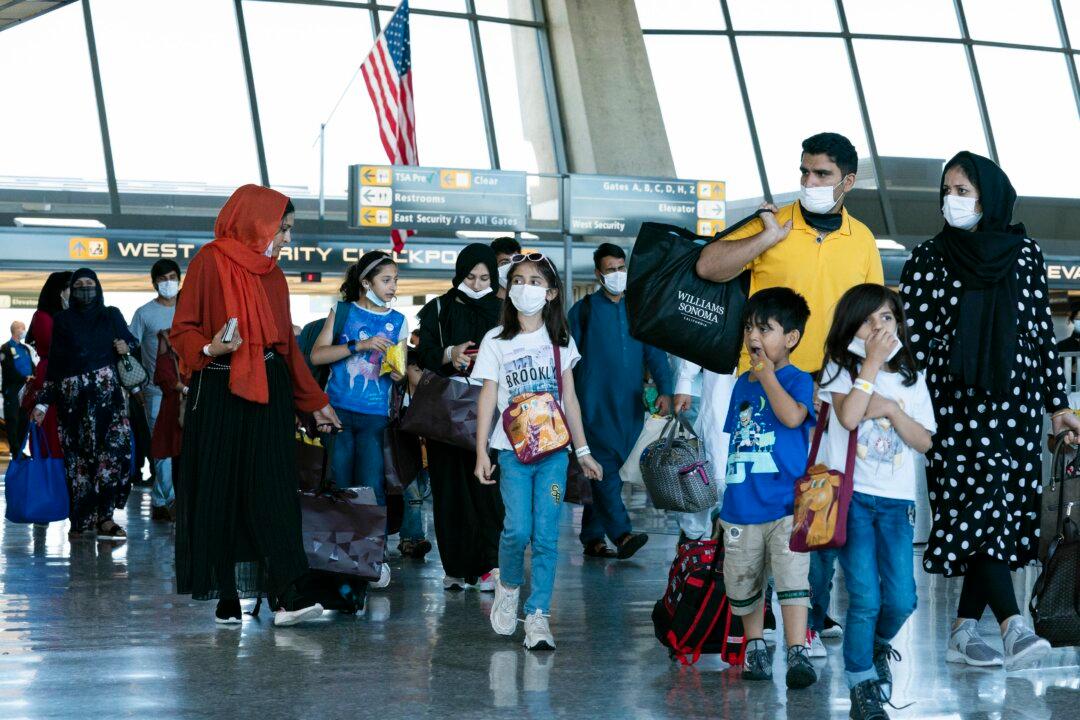In a special briefing Tuesday, the Biden administration detailed its plan and efforts to relocate and settle Afghan refugees across the country in the near future.
The teleconference was held by the spokesperson office of the Department of State.

In a special briefing Tuesday, the Biden administration detailed its plan and efforts to relocate and settle Afghan refugees across the country in the near future.
The teleconference was held by the spokesperson office of the Department of State.